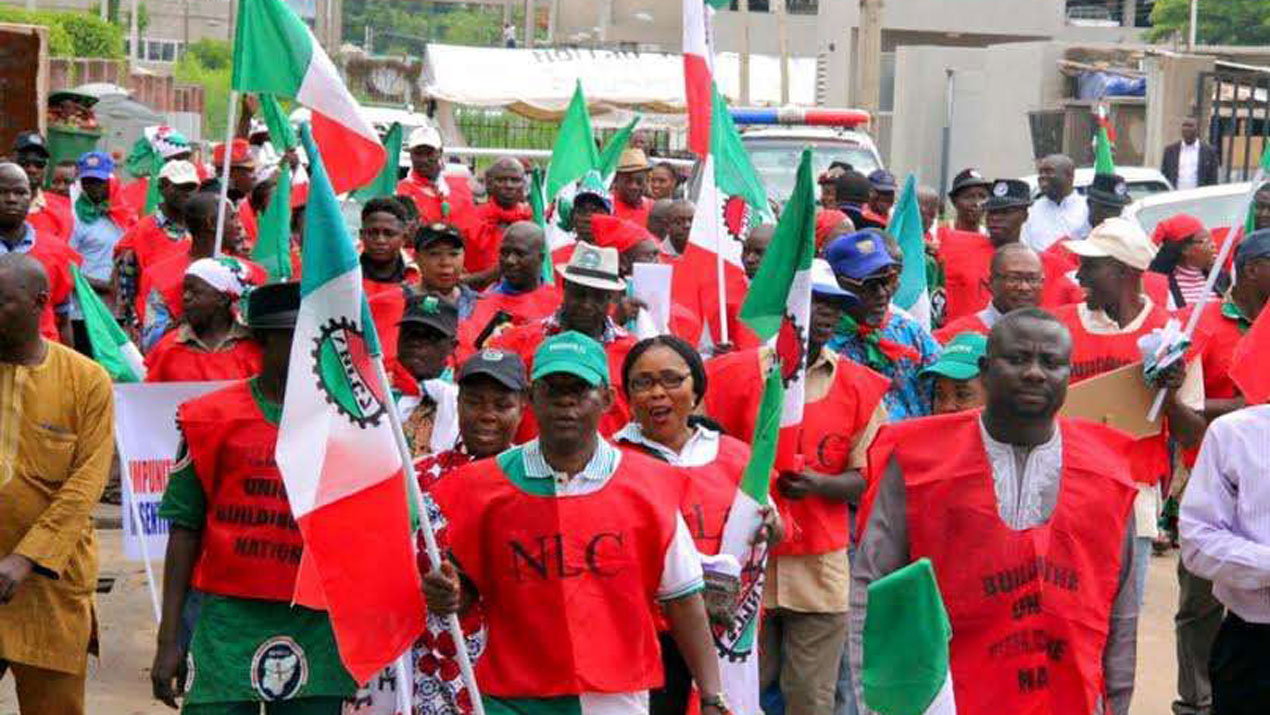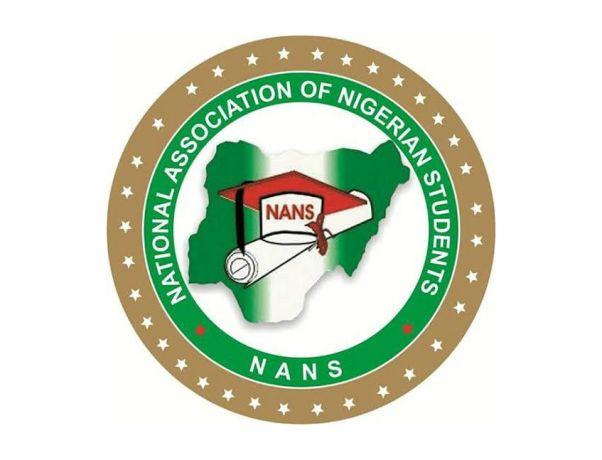The Nigeria Labour Congress has vowed to ground the economy as it says the stage is set for a two-day nationwide warning strike in response to the severe economic hardships plaguing the nation on the aftermath of subsidy removal by the Federal Government.
This move has garnered widespread support from key stakeholders, including the banking sector, civil society organisations, and workers’ unions, as they unite to address the growing economic crisis in the country.
The National Union of Banks, Insurance and Financial Institutions Employees, the umbrella organisation representing workers in the banking and insurance industry, on Monday vowed to take part in the strike, effectively shutting down financial activities across Nigeria.
A statement signed by the General Secretary of NUBIFIE, Mr Mohammed Sheikh, underscored the importance of their participation in the two-day warning strike by the NLC, citing the need to draw the government’s attention to the dire economic situation faced by Nigerians.
The leadership of NUBIFIE has issued a notice that all banks will be shut down on Tuesday, 5 and Wednesday, 6 September 2023, in line with the NLC two-day strike directive.
“The directives are imperative to get the needed attention of the government and to warn it against interfering in the internal affairs of unions instead of addressing the punishing economic circumstances we find ourselves in,” the statement emphasised.
Speaking with The PUNCH, the Senior Deputy General Secretary of NUBIFIE, Mr. Aboderin Olusola, reiterated their commitment to the NLC’s cause, stressing the necessity of solidarity among industrial unions during these trying times.
Olusola said, “It was NLC’s directive to all the industrial unions and NUBIFIE didn’t have any option than to issue that circular to all our members and management of banks and insurance companies in Nigeria.”
Joining the chorus of concern, the United Action Front of Civil Society has thrown its full support behind the NLC’s two-day warning strike.
In a statement signed by the Head of the National Coordinating Centre for the United Action Front of Civil Society, Wale Okunniyi, the organisation expressed outrage over the hardship inflicted on Nigerians by the government’s decision to remove fuel subsidies and subsequently raise the price of premium motor spirit.
The Maritime Workers Union of Nigeria has backed the Nigerian Labour Congress to embark on the two-day warning strike.
This was contained in a letter on Monday titled, ‘Compliance to the Nigerian Labour Congress directive on a nationwide two-day warning strike’, signed by the Head of Media, MWUN, John Ikemefuna.
The PUNCH reports that on Friday, the NLC in a communiqué jointly signed by its National President, Joe Ajaero and Secretary, Emmanuel Ugboaja, said it decided to embark on a two-day warning strike following what was described as the failure of the Tinubu-led Federal Government to dialogue and engage stakeholders within the organised labor on efforts to cushion the effects of fuel subsidy removal on Premium Motor Spirit, popularly known as petrol, on the “poor masses”.
The President General of MWUN, Adewale Adeyanju, directed all its affiliates to embark on the two-day nationwide strike.
He said, “This decision is due to the Federal Government’s refusal to engage and reach an agreement with the organized labor on critical issues of the consequences of the unfortunate hike in the price of petrol, which has unleashed massive suffering on Nigerian workers and the generality of the Nigerian citizens.”
“The MWUN as an affiliate of the NLC, is obliged to comply with the directive and has consequently instructed all our members in all ports, jetties, terminals, and oil and gas platforms nationwide to partake on the two days total shut down warning strike as directed by the NLC.”
The Punch

 Boss Picks4 days ago
Boss Picks4 days ago
 Opinion6 days ago
Opinion6 days ago
 Events4 days ago
Events4 days ago
 Opinion4 days ago
Opinion4 days ago
 Adding Value5 days ago
Adding Value5 days ago
 Featured5 days ago
Featured5 days ago
 News5 days ago
News5 days ago
 Headline3 days ago
Headline3 days ago














